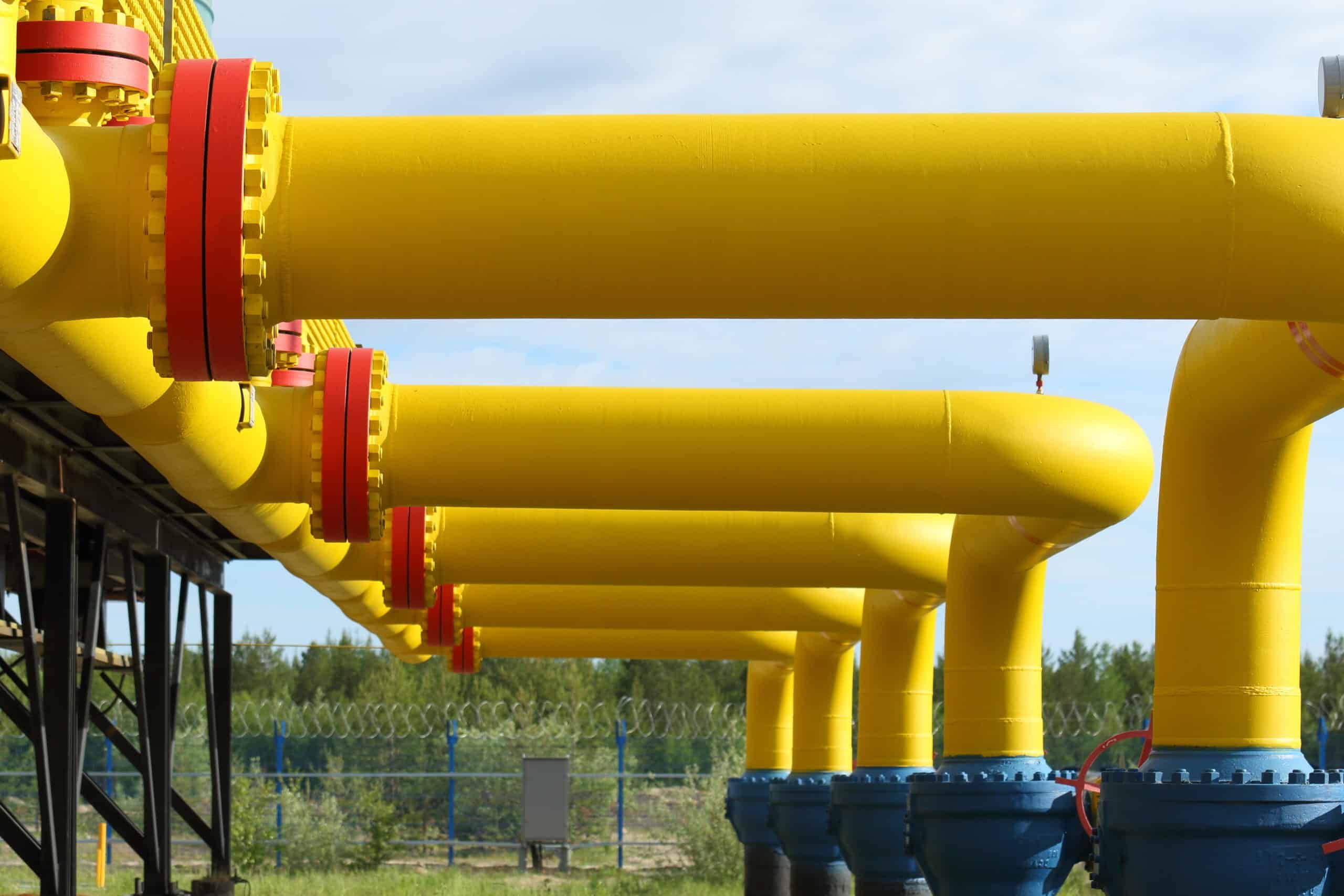The Current Opportunity of Natural Gas in Mexico

Natural gas is key for any country’s manufacturing competitiveness. Energy expenditure is typically one of the top five cost items for any corporation, and safe, reliable, and efficient supply of electricity and natural gas are key to its continued and profitable operations. The Nation’s long-term sustainable productivity growth depends, in part, on the energy sector’s capacity to offer safe, dependable, relatively cheap, and increasingly cleaner energy sources.
Mexico currently benefits from the low natural gas prices in North America. Electricity generation and manufacturing plants reduce their cost with low-priced natural gas; a fuel that is a cleaner source of energy than the alternative fossil fuels available and, therefore, plays an important role as a transition fuel towards a cleaner future.
Furthermore, Mexico still has reserves and large untapped prospective resources of natural gas in onshore and offshore conventional formations in the Gulf as well as unconventional shale formations in northern Mexico that the oil and gas companies need to explore and produce.
To make the most of this opportunity the country needs adequate regulations for all the value-chain. The country has advanced in this during the last decade and has relatively recent laws, regulations and institutions designed to reduce conflict of interest, increase transparency in contracting, professionalize transportation, and generally to mitigate market failures. In transportation and distribution, for example, new organizations, rules and regulations designed to foster competition and to reduce commercialization profit margins have advanced to open up choices that benefit the consumers.
The recently expanded natural gas pipeline transportation system in Mexico is also a strength. The country has a mixed public and private scheme of natural gas pipelines. The State operates a large percentage of the pipelines and private companies operate a growing share of them independently in the northwest, the Gulf and central Mexico. The massive build out of natural gas transportation has expanded the geographical range of natural gas, and the potential to import as much as needed to fulfill demand almost everywhere where gas pipelines reach Natural gas pipelines and storage still have to grow and become more sophisticated. The country needs to supply the Yucatan Peninsula with all the gas that it currently requires, and to expand the pipelines to some States that have not benefitted from this fuel, such as Guerrero, Oaxaca and Chiapas that need the opportunity to use natural gas to foster economic development. Mexico also requires natural gas storage to increase the reliability of supply.
Furthermore, the current legacy pipelines operated by the country’s transmission system operator, CENAGAS, need to speed up their modernization adding technology for improved control systems and reducing maintenance costs for safer operations.
In exploration and production, the largest challenge is also technological. The recently developed technologies in the US, for horizontal drilling and hydraulic fracturing, need to prove their potential on Mexican unconventional prospective shale fields. A great value opportunity lies ahead if these technologies can produce competitively priced natural gas in Mexico with the highest standards for safety and sustainability under adequate regulations.
The present strengths and challenges of natural gas require that government, companies and consumers to all collaborate to increase the efficiency of all the value chain. Working together, public and private investment in transportation and storage infrastructure and technology will improve safety and reliability, reduce costs and effectively reach all States and regions with this fuel. Cooperation in the drafting of adjustments to laws and regulations will continue increasing competition in all the value chain, enhancing national competitiveness and, ultimately, benefiting the consumer.




